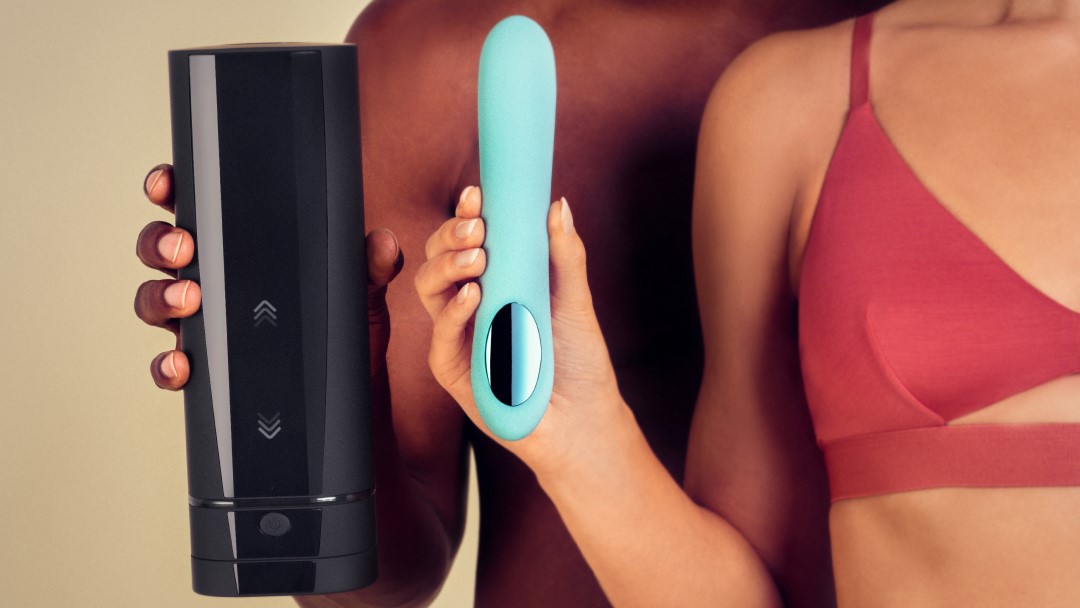Merging industry and academia, a new collaboration is poised to elevate sextech market research.
Kiiroo, the pioneering interactive sex toy company, has teamed up with le Shaw Research Institute and the EROSS Lab at the Université du Québec à Montréal (UQAM). They aim to study customer use, motivations, and sexual health across demographics.
“There’s benefits for everyone involved in this project,” said lead researcher Éliane Dussault, Ph.D. in Sexology.
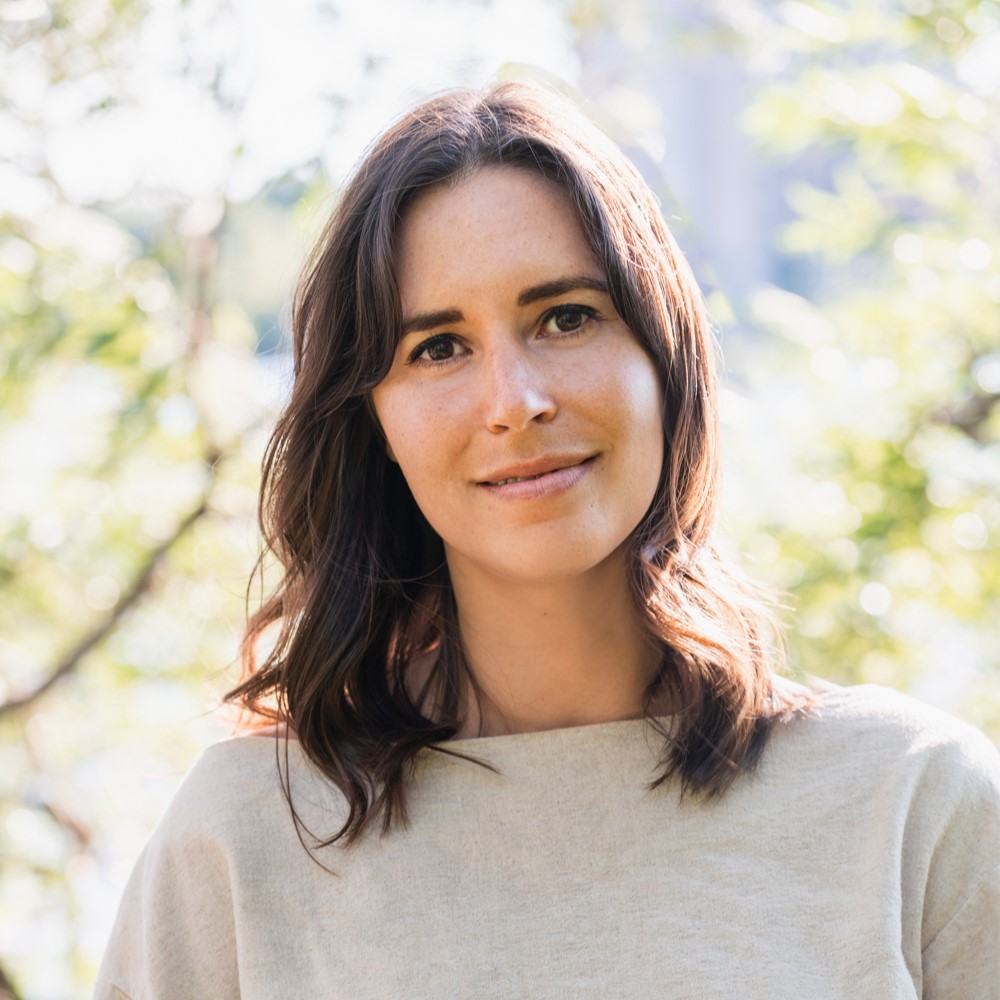
While it helps scientists understand who uses sex toys, it also enables Kiiroo to promote sexual wellbeing through better knowledge of their users’ characteristics, preferences, and needs.
The study
Beyond understanding the profile of customers, the study aims to uncover data that can enhance both individual and partnered sexual wellbeing.
Currently, the research team is collecting demographic information for Kiiroo users. They are also assessing frequency of sex toy use and its relationship to wellbeing factors such as sexual satisfaction and sexual functioning.
This new study will also document how and why people are using Kiiroo’s Bluetooth-enabled sex toys. For example, the researchers will compare sex toy use and motivation across different ages, genders, relationships, sexual orientations, and physical abilities.
“There are people trying to spice up their relationship. There are some people who have a long-distance relationship and want to connect with their partners or other people who use it solo even though they’re in a committed relationship,” said Dr. Dussault, referencing the preliminary, yet-to-be-analyzed data.
By identifying sexual wellbeing factors that are potentially linked to sex toy use, Dr. Dussault added, the study can offer valuable marketing insights the industry might have overlooked.
Recruiting sex toy users

The team, already well into the recruitment process, aims to enroll between 300 and 500 participants. The study is expected to conclude in August 2024. Afterward, they will submit their findings to an academic journal and share materials designed for a general audience.
A significant portion of the Kiiroo clientele is composed of cis-gender men. Yet researchers are seeking respondents of various gender identities and gathering data related to the wide range of Kiiroo toys.
That said, data on men are both essential and scarce.
“When you’re doing studies on sex toys, in general population situations, the majority of respondents are women or people with vulvas. So, it’s going to be interesting to have a sample that is primarily composed of men and people with penises,” said research assistant Madison Williams, who is also a Psychological Research Coordinator at Concordia University.
Participants will receive compensation. However, they can opt to donate to a charity related to sexual health such as Pineapple Support, Take Back the Night, and Planned Parenthood.
The perks of collaboration
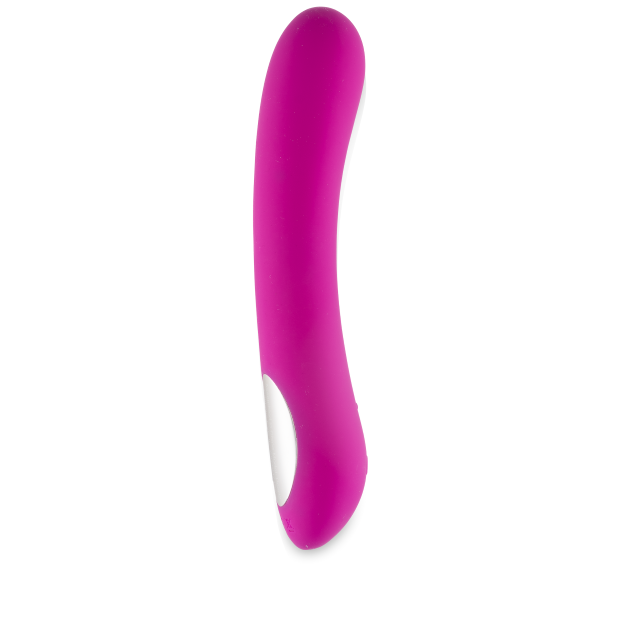
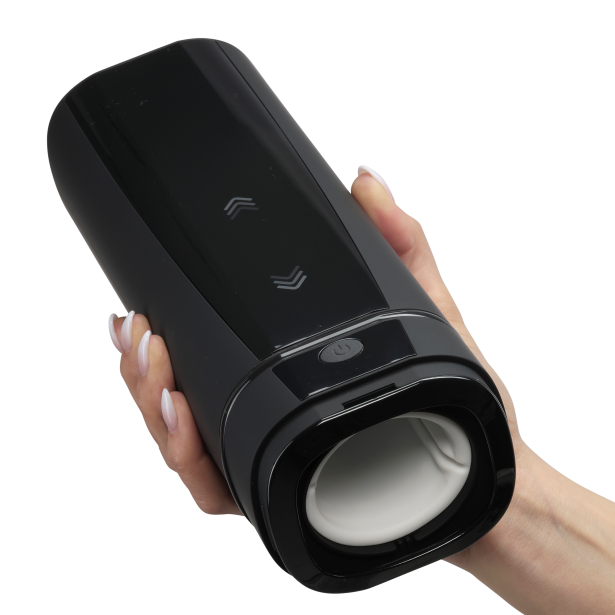
For researchers, the potential to tackle real-world problems with such data is a tantalizing prospect.
“What I very much like about this partnership between the industry and academia is that it helps us researchers to get out of our usual intellectual bubble and to translate our expertise, what we’ve been doing for years, into things that actually matter to other people,” said Dr. Dussault.
Unlike standard market research, this study is led by independent academic researchers and went through an ethical review board.
Collaborating with scientists also enables the use of validated measures. It provides access to sex research expertise, more sophisticated analyses, and scientific databases and literature.
“This project is an excellent example of how combining industry and academia can further sex science, wellness, and business,” said Dr. Simon Dubé, le Shaw Scientific Director.
“The world-class scientists at the EROSS Lab will help everyone to understand why people get sex toys, what they do with them, and how this relates to their wellbeing.”
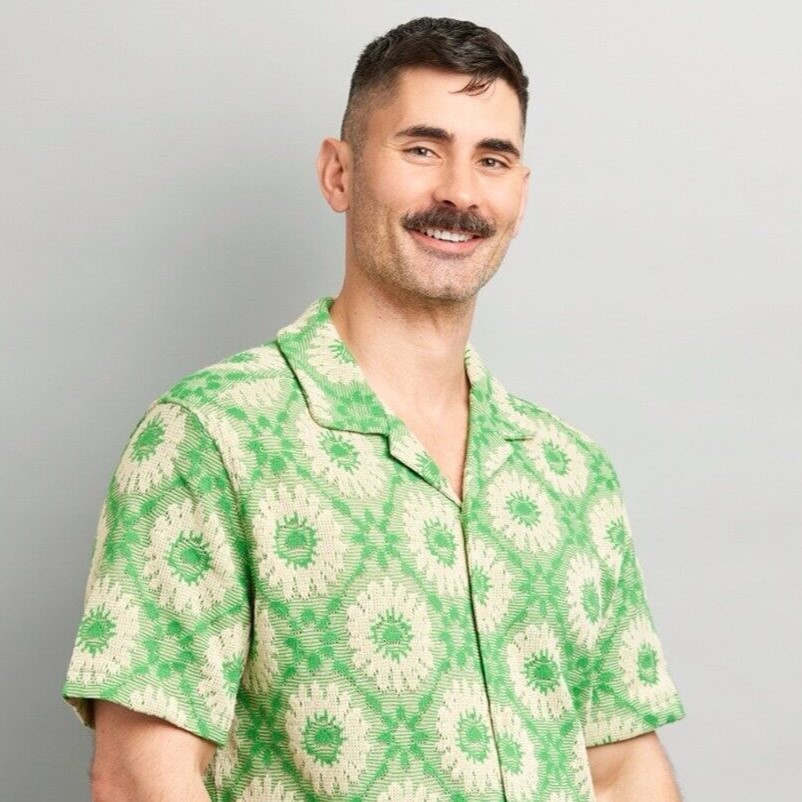
Future research
The market for interactive sex toys (teledildonics) is burgeoning. The EROSS Lab is already exploring their potential for sexual health. In the future, they plan to extend this research to include virtual reality, artificial intelligence, and livestream cam modeling platforms.
“Sextech applications in clinical sex research are emerging, particularly to better address the needs of populations for whom traditional sex therapy is less effective or inadequate,” said EROSS Lab Director Dr. David Lafortune.
“As these technologies now closely approximate real-world intimate interactions, we need more research on how technology and sexuality intersect to improve sexual wellbeing, focusing on benefits, safety, and ethical considerations.”
Featured Image Source: Kiiroo
